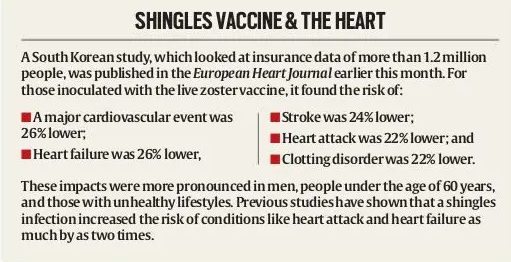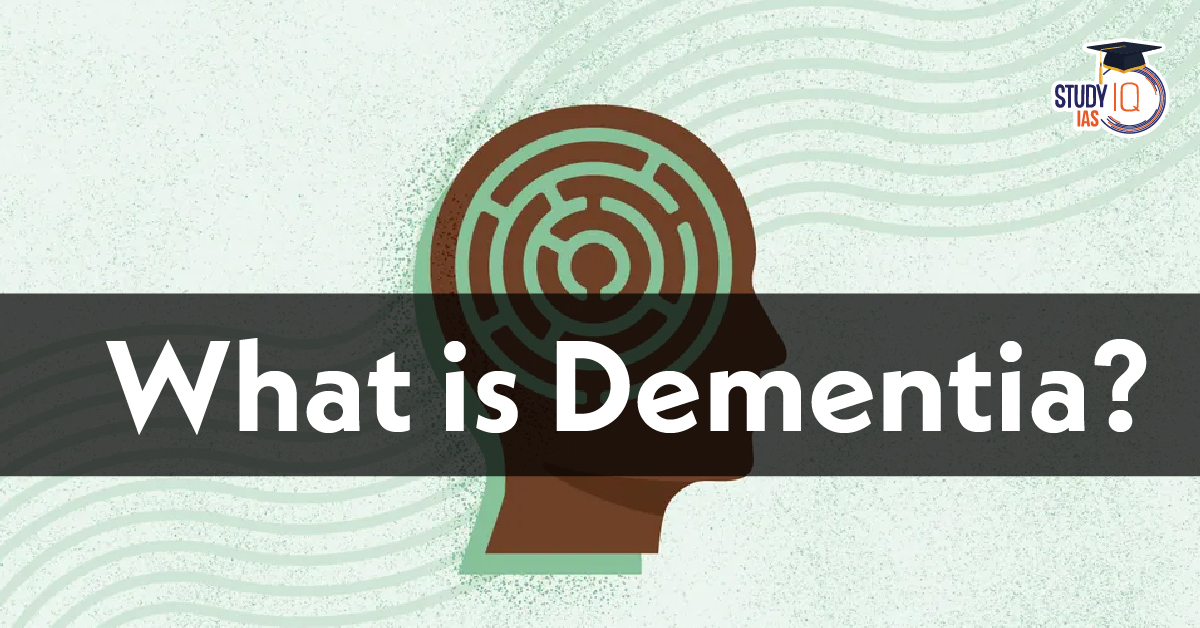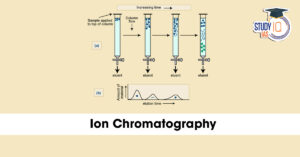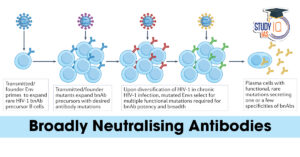Table of Contents
Context: A recent study from Wales, published in The Lancet Healthy Longevity, found that the shingles vaccine is associated with a significantly lower risk of developing dementia.
What is Dementia🧠?
- Dementia is a group of conditions characterised by impairment of at least two brain functions, such as memory loss and judgment.
- Alzheimer’s disease is the most common form (accounting for 60-80% of cases).
- Currently, there are no effective vaccines or cures for most forms of dementia.
Causes
Dementia results from damage to brain cells, which may be brought on by a variety of conditions. The most prevalent cause is Alzheimer’s disease (responsible for 60-80% of all cases). Other causes are:
- Vascular dementia (following stroke or decreased blood supply to the brain)
- Lewy body dementia
- Frontotemporal dementia
- Parkinson’s disease dementia
- Huntington’s disease
- Creutzfeldt-Jakob disease
- Some reversible causes (e.g., vitamin deficiencies, thyroid disorders, infections) though relatively less frequent.
Impacts Cognitive Functions
It mainly affects:
- Memory: Difficulty remembering recent events, names, or conversations.
- Thinking & Reasoning: Problems with problem-solving, planning, and judgment.
- Language: Difficulty finding words, speaking, or comprehending conversations.
- Perception: Trouble identifying people or things.
- Behaviour & Personality: Mood, personality, or social behaviour changes.
What is Shingles🦠?
Shingles, or herpes zoster, is a painful rash with blisters that is caused by a viral infection. It is brought about by the varicella-zoster virus (VZV), the same virus responsible for chickenpox.
Cause
- Caused by the varicella-zoster virus, the same virus that causes chickenpox.
- After chickenpox, the virus remains dormant in nerve cells and can reactivate later.
Symptoms
- Painful rash is the most common symptom.
- Typically appears as a stripe of blisters on one side of the body (usually the torso).
- Other symptoms may include itching, burning, or tingling sensations before the rash appears.
Transmission
- Shingles itself is not contagious, but the virus can spread to someone who hasn’t had chickenpox.
- Spread occurs via direct contact with fluid from shingles blisters or inhalation of virus particles.

Complications
- Postherpetic neuralgia (PHN): Persistent pain even after the rash heals.
- If near the eye, it can cause vision loss.
- Rarely: May lead to facial paralysis or brain inflammation (encephalitis).
Mostly Found in
- Common in people over 50 years of age.
- Increased risk in those with weakened immune systems (e.g., HIV, cancer, organ transplant patients).
Prevention
Shingles vaccine (e.g., Shingrix) helps prevent reactivation of the virus.
- Recommended for adults 50+ years or younger adults with immunocompromised conditions.
- Antiviral medications (e.g., acyclovir, valacyclovir) to shorten the duration.
- Pain management with analgesics, topical creams, or nerve-blocking medications.


 Advanced Air Defence Radars: Types, Comp...
Advanced Air Defence Radars: Types, Comp...
 Ion Chromatography, Working and Applicat...
Ion Chromatography, Working and Applicat...
 Broadly Neutralising Antibodies (bNAbs):...
Broadly Neutralising Antibodies (bNAbs):...

























